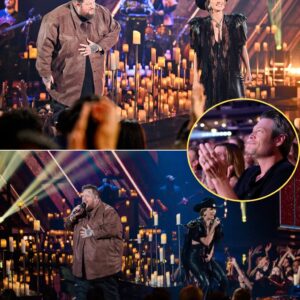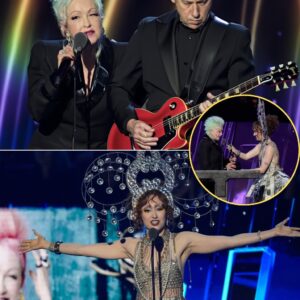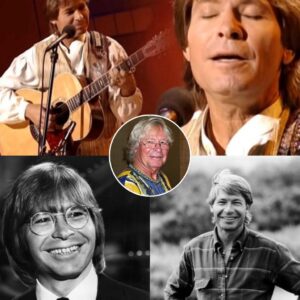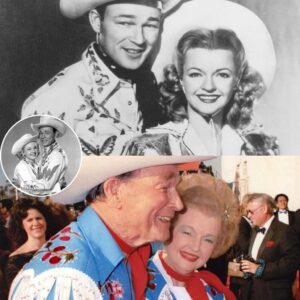
Two Voices, One Goodbye It began as a solo — Neil Diamond first recorded “You Don’t Bring Me Flowers” in 1977. It was soft, sorrowful, and deeply personal. Then came Barbra Streisand’s own solo version a year later — equally heartbreaking. But when radio DJs began splicing their versions together, something magical happened. Two hearts, once together, now drifting apart — one man, one woman, singing the same grief from opposite ends of a fading love.
Each stood on its own, but when radio DJs began stitching the two together, magic happened. Suddenly, it wasn’t one person mourning alone. It was two voices in dialogue — a man and a woman, lovers who could no longer reach each other, singing the same grief from opposite ends of a dying flame.
The effect was electrifying. Listeners didn’t just hear a song; they overheard a breakup. When Neil sings “You don’t bring me flowers…” and Barbra answers “You don’t sing me love songs…”, it feels less like lyrics and more like testimony. A couple arguing not with anger, but with resignation. The beauty of the song is that it doesn’t plead, it doesn’t accuse — it mourns.

By the time Neil and Barbra stepped into the studio together in 1978 to officially record it as a duet, the record industry already knew it would be something rare. What they didn’t expect was a cultural earthquake. The single soared to number one on the Billboard charts, capturing a moment when America seemed ready for vulnerability, for a love song that ended not in reconciliation but in silence. Their voices, so different in texture — Neil’s gravel, Barbra’s silk — wove together like the last threads of a once-brilliant tapestry unraveling before your eyes.
And then came the moment that sealed it in history: the 1980 Grammy Awards. The stage was dim, a single spotlight on Neil. His voice carried that familiar ache as the opening lines floated through the hall. Then, without warning, Barbra entered from the opposite side of the stage. The crowd gasped. Here it was, live, the heartbreak that had lived only on radio and vinyl — now flesh and blood, two icons facing each other across a stage that had become a metaphor for the distance between their characters.
The performance was theater disguised as music. Neil leaned into the weight of defeat, Barbra lifted her voice into sorrowed defiance, and when their eyes finally met, the audience stopped breathing. No fireworks, no choreography, no grand crescendo — just the devastating simplicity of two people singing each other goodbye. By the final note, there was a pause. Silence thick enough to feel. Then the hall erupted. Standing ovation. Tears in the eyes of strangers. A love song that dared to end not in hope, but in honesty.
Decades later, “You Don’t Bring Me Flowers” still endures because it captured something timeless: the moment when love doesn’t end with betrayal or rage, but with distance. With forgetting. With flowers that never arrive and songs that are no longer sung. Neil Diamond and Barbra Streisand gave that silence a voice. Together, they showed the world that sometimes the most powerful goodbye is the one whispered in harmony.





